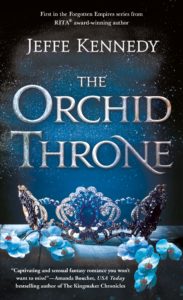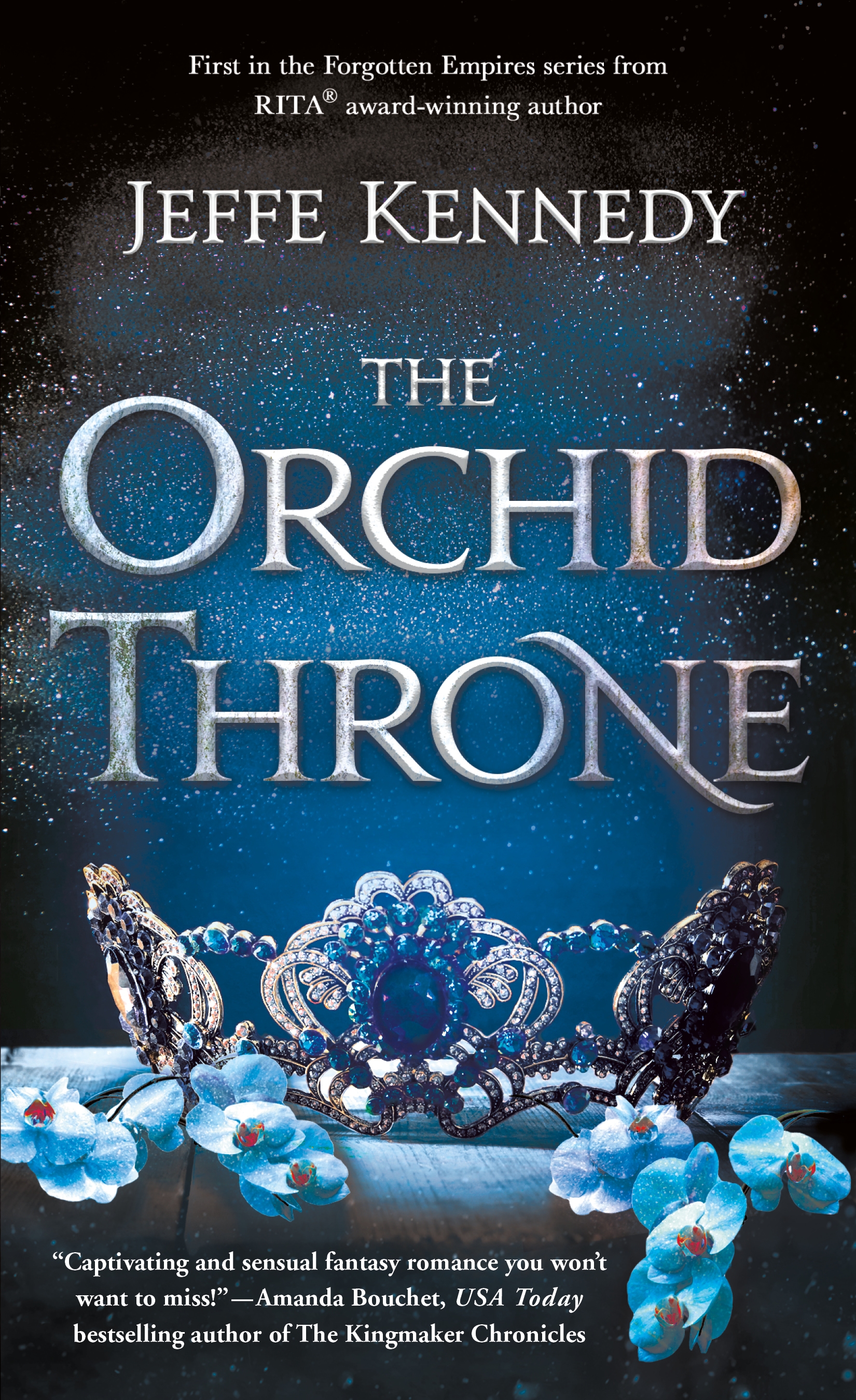
Our topic at the SFF Seven this week is our most frequent story starter — idea, milieu, character, theme, what-if, trope, editor request, etc. Come on over to find out why this is a practical decision for me.
RITA ® Award-Winning Author of Fantasy Romance


Our topic at the SFF Seven this week is our most frequent story starter — idea, milieu, character, theme, what-if, trope, editor request, etc. Come on over to find out why this is a practical decision for me.